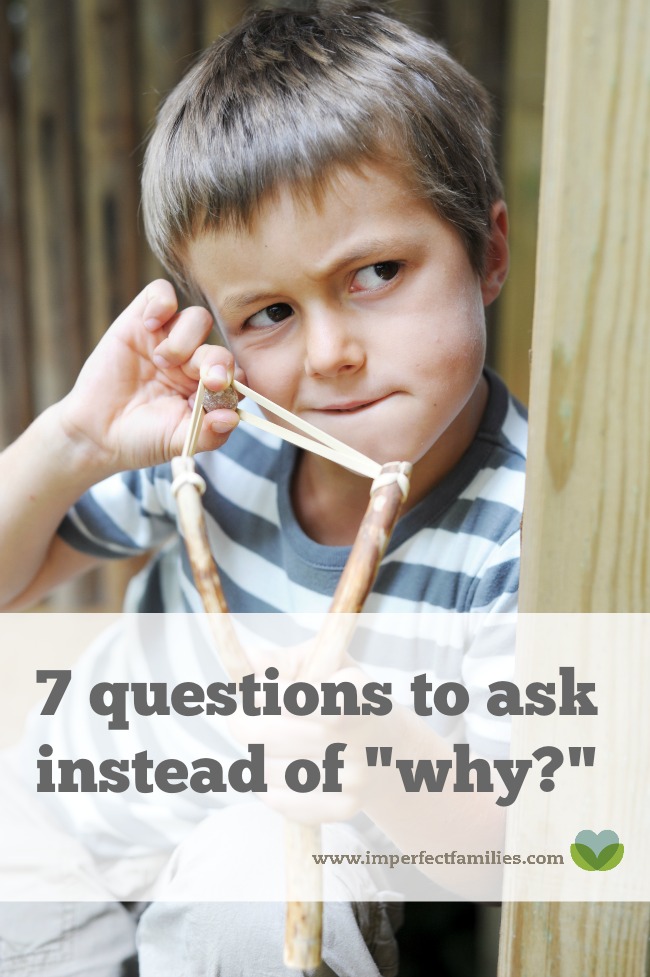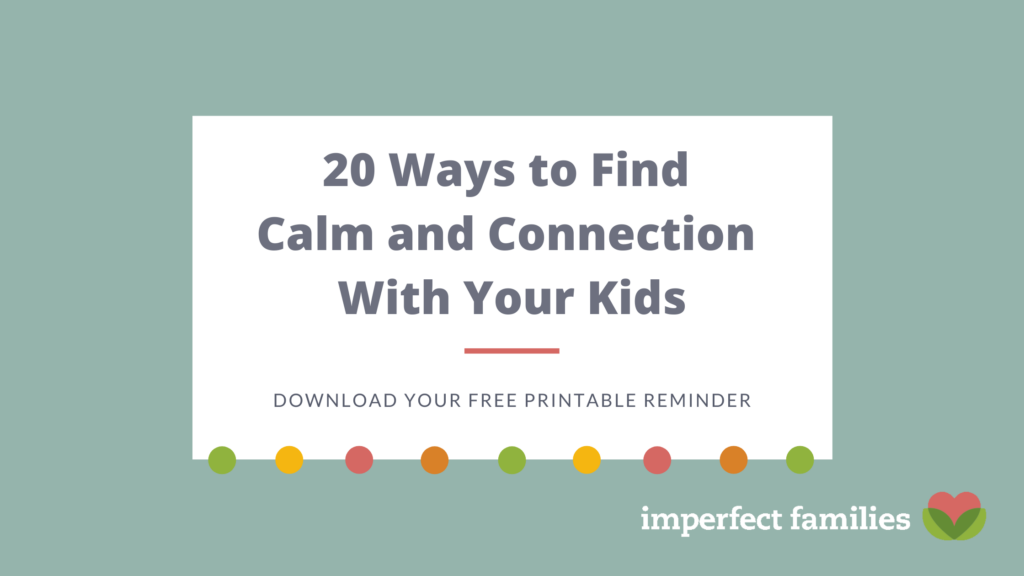 You walk into your child’s room. Toys are EVERYWHERE.
Your son forgot the book he needs for his homework…again.
Your daughter refuses to go to her school dance. After you bought the dress.
You walk into your child’s room. Toys are EVERYWHERE.
Your son forgot the book he needs for his homework…again.
Your daughter refuses to go to her school dance. After you bought the dress.
A very normal response to these infuriating situations is to ask: “Why?!?!”
“Why did you take out every single toy you own?” “Why did you forget your book again?” “Why don’t you want to go to the dance?”It a natural reaction to want to drill our children for answers.
Unfortunately, the most common answer to “Why?” is…”I don’t know.”
This answer may sound snippy or disrespectful, which may lead you to feel even more frustrated. However, it may be the most accurate answer your child can provide.
Chances are, your child is not great at thinking through their actions. They may not be great at processing and expressing what they are thinking and feeling. And that is OK.
They are not developmentally ready to answer the elusive “Why?”
So, while they are developing, you can help them strengthen these skills by working with them to process their decisions.
Here are 7 Questions to Ask Your Kids Instead of “Why”
1. What happened first?
2. Then what happened?
3. When did things get off track?
4. How were you feeling when that happened?
5. Can you think of a way to solve this problem?
6. Can we look at this another way?
7. What needs to happen now?
Tips to Get to “Why” – By Age
Toddler/Preschoolers: At this age, it’s best to comment on what you see. “Wow! There are a lot of toys on the floor!” Then, you can talk about the next steps. “We’ve got to get these toys cleaned up. Should we clean up the Barbies or the blocks first?” For children who are developmentally able, you can brainstorm ideas for next time, “Can you think of a way we can keep from having to do all this cleaning next time?” Encourage any ideas they share.
Elementary: Children at this age are better able to think about what came first, next and last. “Ok, you were packing your backpack, then what happened?” Let them think. “Oh, Ben told you to ‘hurry up.'” If possible, identify what they may have been feeling or thinking at that time. “I wonder if you felt rushed.” Next, work together to brainstorm solutions. Resist the urge to fix the problem for the child. Write down their solution. Give it a try. Then, revise as necessary.
Teens: It may seem that your teen should be able to have it all figured out by now. Unfortunately, they are still developing the skills to think through their actions. And, to make matters worse, there are social pressures and social consequences that can influence their decision-making. It often leads teens to feel confused. Be patient with your teen. Encourage them to think through their thoughts and feelings without offering criticism or judgment. See what solutions they can offer before you give your opinion.
If your child (of any age) seems to be more sad, angry, anxious than usual; is isolating more than normal; or avoiding activities they once loved, it may be a sign of something more serious. Please seek help from a mental health professional.
Are you struggling with your responses or are you unsure how to help your child learn these skills? You don’t have to parent alone. Contact me for a free phone consultation to see if Parent Coaching is a good fit for you.



Comments have been turned off to retain the privacy of all families. If you have a question or comment on the topic, you're always welcome to contact me.